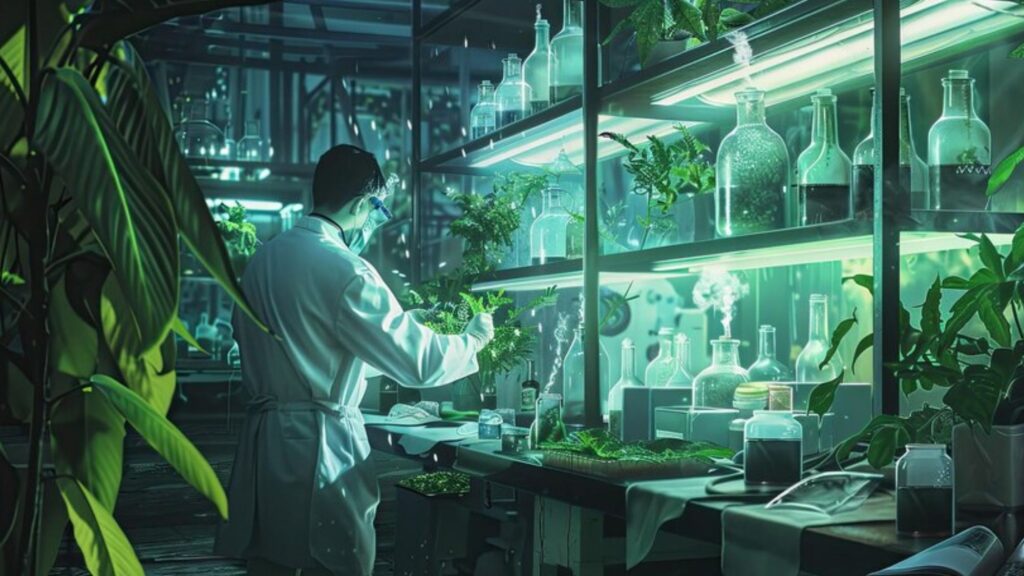The creation of environmental programs generally follows a similar path across nations. Early initiatives focus on hazards that directly endanger human health, like air pollution and tainted drinking water. The waste management designated as “hazardous” only becomes a key priority on the environmental agenda when these issues are resolved. In the 1970s, laws imposing hazardous waste management regulations were passed in numerous North American and European nations.
In several of these affluent nations, hazardous waste management programs were “fully operational” by the late 1980s. For the most part, the focus these days is on reducing the amount of waste generated in the initially occurring place. Search for skip hire Skelmersdale if you are at Skelmersdale and want a quick clean through your location. It is predicted that between 75 and 199 million metric tonnes of plastic are present in our oceans notwithstanding current efforts.
The quantity of plastic garbage infiltrating aquatic environments might nearly quadruple from 9–14 million tonnes annually in 2016 to an estimated projected 23–37 million tonnes annually by 2040 if we don’t change the way we make, use, and dispose of plastic. How does it arrive there? A large portion of it originates from the waterways around the world, which act as direct routes for rubbish to enter lakes including the ocean.
Use A Plastic Bottle That Can Be Recycled:
It’s possible that you already own a recyclable water bottle, but do you use it frequently? Utilize that throwaway bottle to cut down on waste management, save money, and conserve resources. Bringing your water may also lessen the likelihood that you’ll pick up more costly beverages while out and about. They will no longer arrive in single-use containers as a result of this. Consider recycling materials for packaging and finding new uses for objects that have outlived their usefulness.
Replace Paper Plates And Napkins With Cloth Ones:
Use unprocessed lumber and leaf wastes as mulch on beds for gardening to keep weeds out of the way, preserve moisture, control soil temperature, and replenish the soil with nutrients. You can either compost or shred the waste materials into chips. To find appropriate homes for clothing, toys, electronics, books, and other stuff, hold a yard sale.
Make Sensible Purchases And Recycle:
Buying products that come in less packing or recyclable packaging can help you cut down on the total quantity of waste you produce. In Delaware, only certain kinds of plastic may be recycled, so be sure to read labels whenever you buy. As the highest quality resins that exist, containers labelled either a 1 or a 2 are nearly always approved, according to experts. Most Delaware programs now take resins 4, 5, as well as 7. In Delaware, plastics labelled 3/PVC as well as 6/PS are often not biodegradable waste. For details, find out more about the recycling initiatives in your community.
Compost/Recycle:
Develop the habit of sorting all recyclable materials. To keep the grassroots cool and shaded during the sweltering summer months, raise the height of the cutting blade on your lawnmower. As a result, there is less requirement for watering, browning, and weed growth. Use a mulching mower or leave the grass clippings on the ground after you mow rather than bagging them.
Rather than taking up space in landfills, the clippings will replenish the soil with nutrients. See whether your previous appliances may be used as spare parts by asking around at repair shops in your area. Make a compost pile out of food scraps, yard waste, and other forms of biological material to help reduce erosion, retain more water, and take the place of chemical fertilizers.
Biological Reprocessing:

The process of turning matter that is organic into a stabilized, clean, soil-like product that is high in humic substances and chemicals is called composting. Anaerobic digestion, akin to the process of composting enables the fermentation-based procedure to process organic materials and wastewater in an environment devoid of oxygen. Steer Clear Of Single-Use Cutlery And Food Containers.
Steer clear of single-use coffee cups, straws, napkins, and throwaway utensils whenever you can. Some establishments will even reduce the price of your coffee if you bring a personalized mug. Maintain a reusable plate, pitcher as well as cup during work hours, along with a set of cutlery. Either purchase reusable metal straws or completely avoid using plastic ones. Recall that after we’ve used something once, many of these plastic items—which required truck delivery—will wind up in a landfill. Any action we can take to cut back on our consumption of these goods will have a significant effect.
Final Words – Waste Management:
A waste management process corresponds to each type of trash. Sorting garbage before processing is crucial for essential safety reasons. Sorting makes it possible to separate recyclable garbage from non-recyclable waste, which in turn makes energy recovery possible.









Your article helped me a lot, is there any more related content? Thanks!
I like this web site very much, Its a real nice
office to read and find information.Blog monetyze